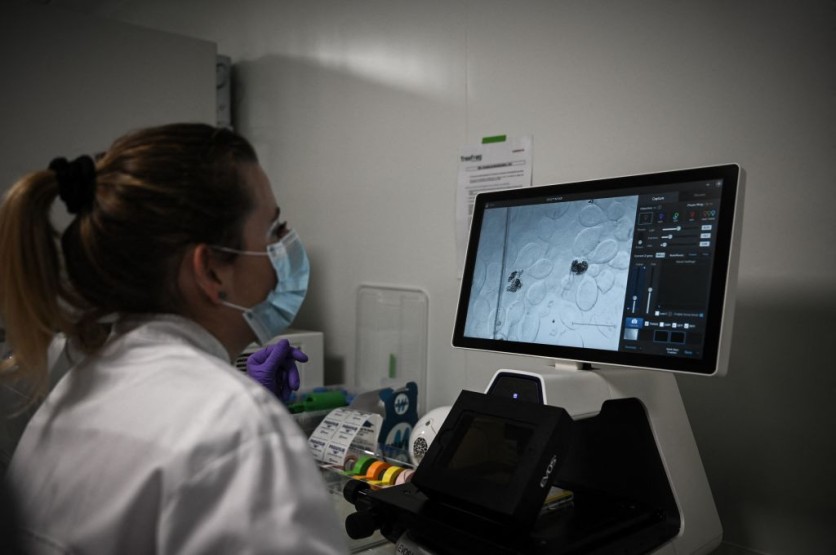Scientists at Swansea University is developing an AI platform that will speed up the process of detecting biomarkers in biofluids, according to PhysOrg. The platform would deliver faster test results for health conditions, such as Alzheimer's joint quality, and cardiovascular disorders.

A Game-Changer
The new diagnostic tool can revolutionize the healthcare sector due to the application of AI and Machine Learning (ML). ML has made it possible for results to be delivered within minutes.
Biofluids contain proteins that are an important biomarker for the diagnosis of several health conditions. The platform is designed to detect the concentration of these proteins to assist in diagnosis and monitoring disease progression.
Based on the research, it proposes that hospital waiting times may be cut and patients will be given the option for self-screening and self-monitoring with the potential of at-home diagnostic kits in the future.
What the research means for the future if that the proof-of-concept study can be developed further in a tool to help clinicians make decisions on clinical data obtained quickly. The scientists also foresee to develop it further for at-home-point-of-care self-screening diagnostic platform.
AI and ML allowed the scientists to adjust almost in real-time the experimental parameters to fulfill the requirements of the theoretical model associated with this work.
It has made the process of detecting biomarkers in biofluids easy and quick. The AI platform analyzes the data and uses it to simulate responses and understand patterns in disease progression. With the help of machine learning, information from previous experiments allows the team to improve the algorithm.
Also Read: AI in Healthcare: The Key To The Success In The Medical Industry
AI and ML in Healthcare
In the past few years, both AI and ML have proved to be of great help to advances in healthcare. AI and ML can be used to diagnose a number of conditions and detect symptoms and also to deliver a variety of solutions. We have previously reported on other uses of AI and ML in healthcare.
In the future, the technology will enable medical staff to detect diseases and conditions more quickly, especially in rural areas and developing countries. It will also increase efficiency in clinical trials and reduce the number of participants in a trial since physicians will be able to find the best drug or treatment for a patient.
The new AI-ML platform would cut hospital waiting times, deliver faster test results for health conditions, and help in the reduction of the number of participants in a clinical trial. This would be of great help to developing countries and rural areas. As long as the technology is developed further, it will be of great help to medical professionals.
Related Article: Artificial Intelligence to Help Tackle Racial Inequality in Healthcare
This article is owned by Tech Times
Written by April Fowell
ⓒ 2025 TECHTIMES.com All rights reserved. Do not reproduce without permission.




